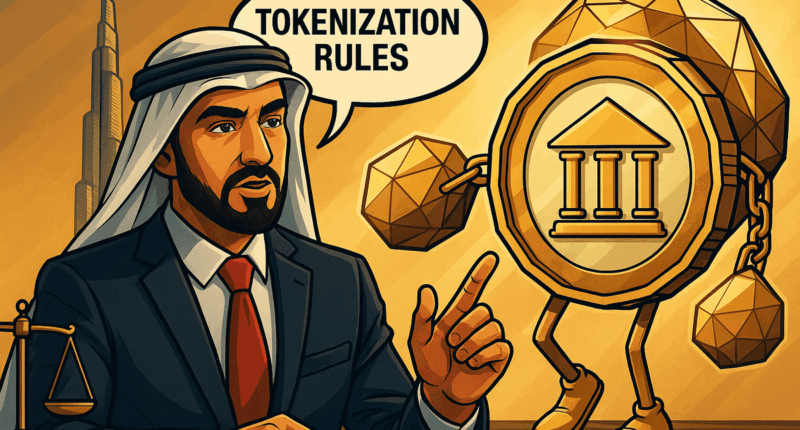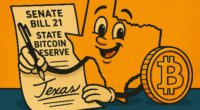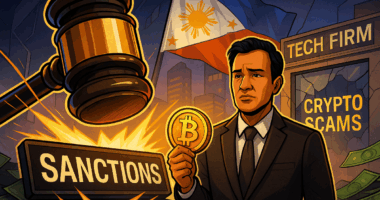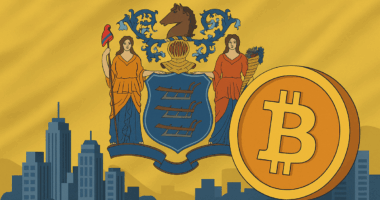Dubai’s Virtual Asset Regulatory Authority (VARA) has introduced definitive guidelines on the issuance and trading of real-world asset (RWA) tokens, marking a regulatory milestone for the UAE’s digital assets.
In its latest regulatory update, Dubai’s crypto watchdog, VARA, released a revised Rulebook on May 19 for virtual asset service providers (VASPs) operating within its jurisdiction. The updated framework includes explicit provisions for RWA tokenization, offering long-awaited clarity to market participants. Firms must comply with the new rules by June 19.
Speaking to Cointelegraph, Irina Heaver, a partner at UAE-based law firm NeosLegal, said the updated rules mark a major turning point for the crypto industry in Dubai. Issuing real-world asset tokens and listing them on secondary markets is no longer theoretical, Heaver noted. It’s now a regulatory reality in Dubai and the broader UAE.
From concept to compliance: The rise of ARVA tokens
Heaver drew comparisons between RWA tokens and earlier efforts to tokenize traditional assets through Security Token Offerings (STOs), which she said failed due to fragmented regulations, limited investor interest, and a lack of secondary market infrastructure. “STOs died a peaceful death in 2018 to 2019,” she remarked.
The current situation, however, appears far more favourable. VARA’s framework now recognizes these instruments as Asset-Referenced Virtual Assets (ARVA). According to Heaver, the updated rulebook resolves prior regulatory shortcomings by allowing regulated exchanges and broker-dealers in Dubai to distribute and list ARVA tokens.
“VARA’s newly updated Virtual Asset Issuance Rulebook (May 2025) addresses these failures head-on,” she said. This positions Dubai as a global leader in enabling compliant, institutional-grade RWA tokenization—a domain that continues to attract significant interest.
Licensing, capital requirements, and oversight
Heaver also outlined the legal definitions and compliance expectations for ARVA token issuers. Under Dubai’s new legal framework, ARVA tokens represent direct or indirect ownership of real-world assets, offer income entitlements, and maintain a stable value through asset or income reference. These tokens may be backed, collateralized, wrapped, duplicated, or fractionalized versions of tangible assets.
To issue ARVA tokens, entities must secure a Category 1 Virtual Asset Issuance license. They are also required to publish a comprehensive white paper, provide a risk disclosure statement, and maintain a minimum paid-up capital of 1.5 million UAE dirhams (around $408,000), or 2% of the value of reserve assets held.
In addition, issuers must undergo monthly independent audits and adhere to rigorous supervisory controls to ensure ongoing compliance.
Turning the hype into a regulated market
“VARA is providing regulatory clarity, and it’s giving the industry a viable, enforceable path to turn the hype of RWA tokenization into reality,” Heaver emphasized. “This matters because it marks a shift—from theory to execution, from fiction to framework.”
By addressing gaps seen in other jurisdictions, such as Switzerland where token issuance is allowed but secondary trading remains unclear, Dubai is offering a more complete and actionable model for tokenizing real-world assets in a regulated manner.





